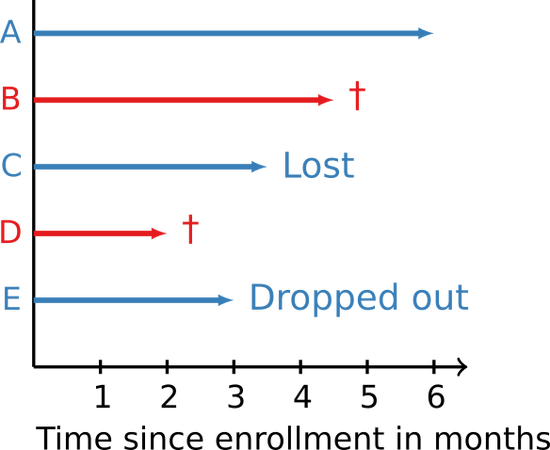About Me
I’m an AI researcher in the computational pathology, Oncology R&D team at AstraZeneca and an open-source enthusiast working on machine learning for biomedical applications. My research interests are time-to-event analysis (survival analysis) and causal inference. Previously, I worked at the lab for Artificial Intelligence in Medical Imaging at the Technical University of Munich and The Institute of Cancer Research, London. I’m the author of scikit-survival, a machine learning library for survival analysis built on top of scikit-learn.
Interests
- Time-to-event analysis
- Causal inference
- Heterogenous data
- Biomedical applications
- Deep learning
Education
PhD in Computer Science, 2016
Technische Universität München
MSc in Bioinformatics, 2011
Ludwig-Maximilians-Universität & Technische Universität München
BSc in Bioinformatics, 2008
Ludwig-Maximilians-Universität & Technische Universität München
